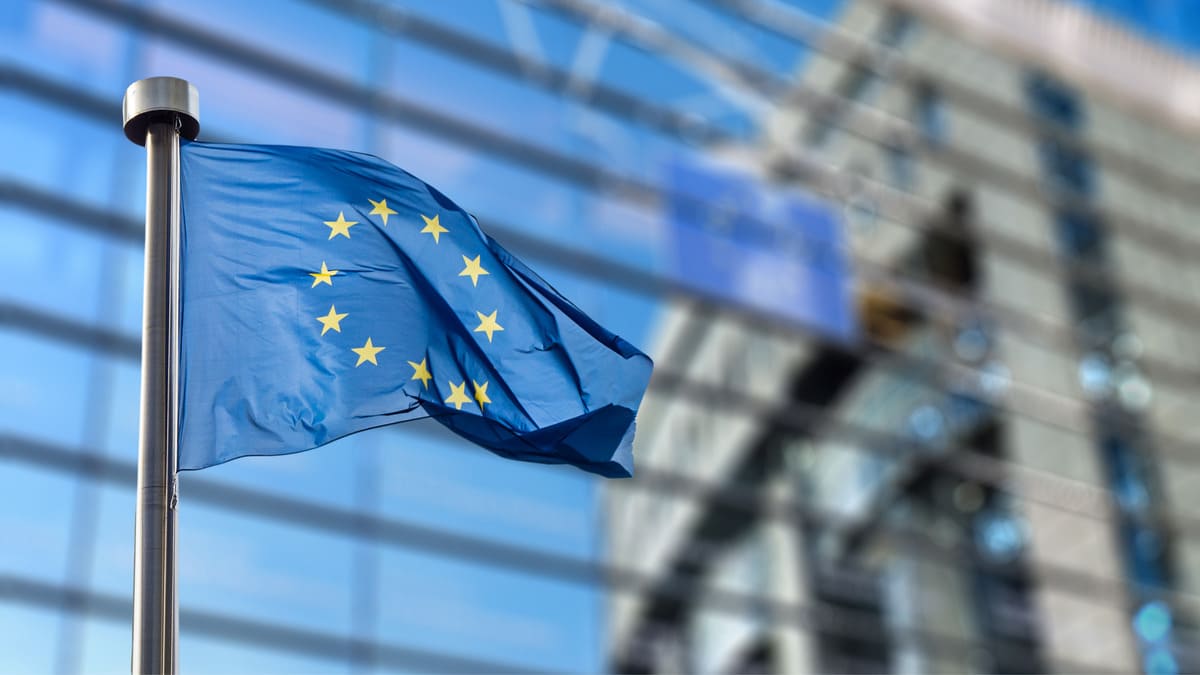Erasmus+ Programme 2028 – 2034 proposal: What to expect
The European Commission has presented its plan for the new Erasmus Plus programme period 2028–2034. The new programme will be bigger, easier to join, and open to more people. It will also include new activities like volunteering, humanitarian aid, and new partnerships. Most importantly, the budget will grow to €40.8 billion. This is almost 50% more than the €26.2 billion available in 2021–2027. The upcoming programme promises to redefine learning, inclusion, and civic engagement.
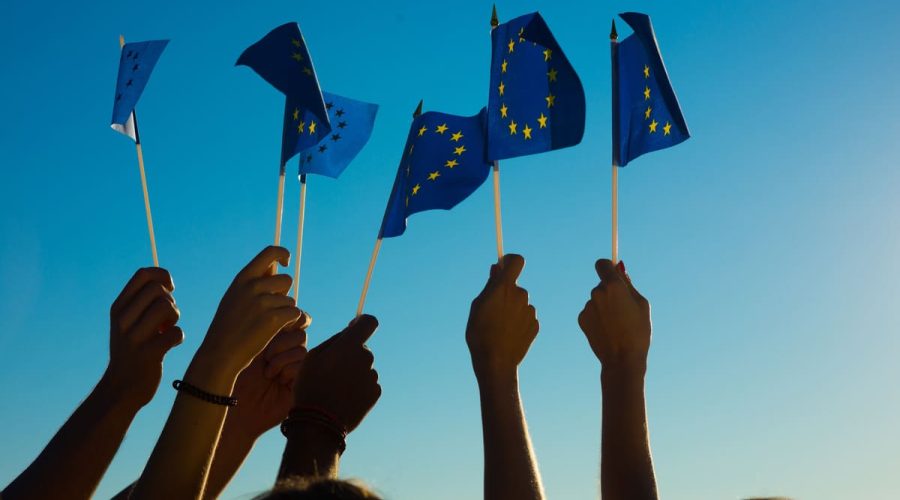
The European Commission has presented its plan for the new Erasmus Plus programme period 2028–2034. The new programme will be bigger, easier to join, and open to more people. It will also include new activities like volunteering, humanitarian aid, and new partnerships. Most importantly, the budget will grow to €40.8 billion. This is almost 50% more than the €26.2 billion available in 2021–2027. The upcoming programme promises to redefine learning, inclusion, and civic engagement.
Download our Table: Erasmus Plus Comparison — 2021–2027 vs 2028–2034
Main Goals of Erasmus+ 2028–2034
- Expand Learning Mobility
- Mobility opportunities from an earlier age (including pupils and apprentices).
- More short-term and blended formats to reach people with fewer opportunities.
- Promote Inclusion & Equal Access
- Stronger measures to include learners from disadvantaged backgrounds, rural/remote areas, and marginalized groups.
- Simplified application procedures for small organizations.
- Build the “Union of Skills”
- Position Erasmus+ as the central EU investment in skills development for the future labor market.
- Connect education, training, and lifelong learning more closely with employability.
- Support Green & Digital Transitions
- Prioritize projects that contribute to the European Green Deal and digital skills.
- Encourage sustainable travel and environmentally conscious projects.
- Strengthen Civic Engagement & European Identity
- Reinforce Erasmus+ as a platform for active citizenship, solidarity, and democratic participation.
- Encourage exchanges that build understanding of European values and cultures
Main Proposed Changes (Compared to 2021–2027)
- Budget Boost
- Proposed €40.8 billion (vs. €26.2 billion for 2021–2027) → about a 50% increase.
- Allows more participants and wider scope.
- Merger with the European Solidarity Corps (ESC)
- Erasmus+ and ESC may be integrated into a single programme.
- Expected result: streamlined administration, more opportunities in education, youth, volunteering, and solidarity.
- Simplification & Accessibility
- Lighter administrative procedures, especially for small schools, NGOs, and youth organizations.
- Possibly more lump-sum financing models.
- Focus Areas Expanded
- Inclusion: not just rhetoric, but operational targets (e.g., earmarked funding for disadvantaged groups).
- Green Erasmus: more incentives for sustainable travel and climate-conscious projects.
- Digital Erasmus: growth of hybrid and online mobility opportunities.
- Synergies with Other EU Policies
- Stronger links with EU priorities: skills agenda, research (Horizon Europe), digital transition, green policies.
- This may influence the types of projects funded.
New Activities & Key Highlights
- New Structure with two strategic pillars instead of Key Actions
The new structure replaces the previous three Key Actions with two strategic pillars:
- Learning opportunities for all, spanning formal and non-formal education, volunteering, and excellence scholarships.
- Support for capacity building, including collaborations like European University Alliances, Centres of Vocational Excellence, European Teacher Academies, and policy development initiatives.
- Continued Support for Cooperation & Policy Development
Despite structural changes, vital initiatives such as European University Alliances, Centres of Vocational Excellence (CoVE), and support for policy reforms remain embedded within the new Erasmus Plus framework.
💡 Advice for Future Applicants
If you plan to write a project or organize mobilities during 2028–2034, here’s how to prepare:
- Follow the Priorities → Show how your project supports inclusion, green goals, digital skills, and future skills.
- Put Inclusion First → Show how you involve small schools, rural learners, or disadvantaged groups.
- Use Simplification → Less paperwork means you can focus more on impactful activities.
- Try New Activities → Think about pupil exchanges, volunteering, humanitarian projects, or teacher academies.
- Build Partnerships Now → Strong projects come from trusted partners. Start building them early.
✨ Key Takeaways
The new Erasmus Plus programme 2028–2034 will:
- Have a bigger budget.
- Be simpler and more inclusive.
- Start mobility at a younger age.
- Support green and digital Europe.
- Include volunteering and humanitarian aid.
It is a big opportunity for schools, teachers, learners, NGOs, and communities.
The proposal now goes to the European Parliament and Council for approval.
Content
Tags
You may also like:
2 February 2026
2 Feb 2026

Best free AI tools for teachers 2026: Free teachers' toolbox
The best gift for a teacher isn't a mug or a candle, it’s more time.
1 February 2026
1 Feb 2026
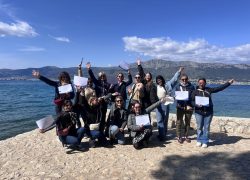
The 2026 Erasmus+ Roadmap: 5 Key Priorities for KA1 Application
At Platform21, we’ve seen thousands of teachers come to Split seeking inspiration. But before you can walk the beautiful Riva waterfront, you need a successful application. Here is what the National Agencies are looking for in 2026 and how our courses help you tick every box.
14 November 2025
14 Nov 2025
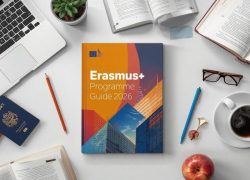
Erasmus+ 2026 Programme Guide: Key Changes, KA1 & KA2 Deadlines
We examined the new Erasmus+ Programme Guide 2026 so you wouldn’t have to.
12 November 2025
12 Nov 2025
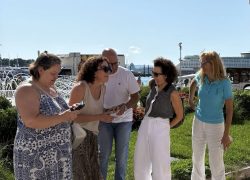
How to write a successful Erasmus+ project proposal (KA121/KA122)
This summer, we talked with several Erasmus+ coordinators whose projects have won grants and accreditation for their schools. We asked Vesna, Carmen, and Eva to share a few pieces of advice on how to write a successful Erasmus+ project application. What they shared was pure gold, so keep reading.
10 November 2025
10 Nov 2025
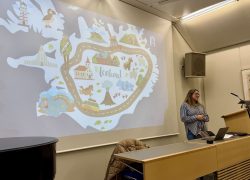
Inside Iceland’s Education System: Trust, Nature, Clarity
Iceland’s schools aren’t perfect (none are), but they’re coherent. High trust in teachers, serious investment in early years, flexible pathways for teens, and a quiet insistence that well-being and nature are part of being educated.
11 July 2025
11 Jul 2025
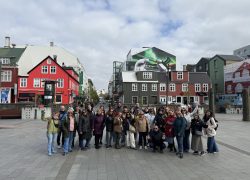
A teacher training course in Iceland: A week to remember in Reykjavik
This week was so much more than a course. It was a celebration of teaching, learning, culture, and connection. We shared ideas, laughed together, supported one another, and built bonds that will no doubt outlast our time in Iceland. It went by faster than we wished, but the memories will stay with us.
3 April 2025
3 Apr 2025
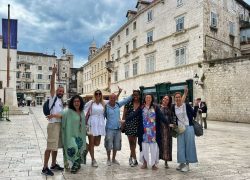
Erasmus+ Teacher Training Mobility with Platform21- Top 5 Reasons Why Croatia Is a Hidden Gem
Discover why Platform21’s Erasmus+ teacher training in Split, Croatia is the perfect mix of safety, culture, top-notch learning, and local food experiences.
29 November 2024
29 Nov 2024

How to Apply for an Erasmus+ KA1 Grant
This guide will help your organization navigate the steps for a successful application to secure Erasmus+ funding for teacher training or job shadowing.
